Pregnancy and parenthood are life-changing events that can be filled with joy and wonder. Before I became a mother at 37, I admit did not really consider how these experiences also present challenging physical, emotional, and cognitive changes. Unfortunately, though these experiences are quite common, perinatal mental health, or mental health during pregnancy and the first year following the birth of a child, is often overlooked. The excitement and focus a new baby brings leaves limited space for mothers and partners to address their own emotional health. External pressures from family, friends, and community (even if well-intentioned) combined with societal expectations for what it means to be a good parent, particularly for mothers, can be overwhelming and isolating. Yet, bringing this issue to the forefront can have a transformative impact on individuals and society.
As many as 1 in 5 women experience a maternal mental health-related condition [1,2,3,4]. Mental health conditions are a leading cause of pregnancy-related death and maternal mental health can have lasting impacts on the health of the mother as well as children [5]. Depression and anxiety are the most commonly experienced conditions, but others can include post traumatic stress disorder, mania, psychosis, and substance use [6,7].
Stigma, lack of access to care, cultural and language barriers, fears of their child being taken away, prohibitive treatment costs, and lack of prioritization of the health of the mother are some of the reasons that perinatal mental health concerns may go unaddressed.
Social determinants of health, such as race and ethnicity, poverty, food and housing insecurity, and lack of social support can also exacerbate poor mental health effects and contribute to inadequate treatment. Racial inequities are especially pronounced: studies have identified that BIPOC women are less likely to receive treatment for mental health conditions during or after pregnancy, even though they may be at higher risk for depression [8].
Pregnancy and birth-related mental health challenges are also not restricted to women. While much of the language surrounding this issue refers to pregnant women and new mothers, many people who experience pregnancy and birth do not identify as women. Stigma and lack of gender-affirming health care may contribute to inadequate care and perinatal mental health conditions [9,10]. Non-birthing parents and partners can also experience mental health challenges [11].
How to talk to your doctor or other medical professional
It is recommended that obstetricians and pediatricians screen birthing people for depression and anxiety during pregnancy and well-child visits [12,13]. Common screening tools that your doctor may use include the Edinburgh Postnatal Depression Scale (EPDS) and the Patient Health Questionnaire (PHQ) [14].
If you feel like your mental health and wellbeing are not being addressed, speak up!
Choose the healthcare provider you feel most comfortable with, whether that is your obstetrician, family doctor, pediatrician, or someone else. Share how you have been feeling or thinking, and ask for help and resources. If you find it hard to speak to your doctor at first, talk to someone you trust, such as a partner, family member, or friend, and ask them to help start the conversation.
Resources for pregnancy, childbirth, postpartum and beyond
In addition to regular medical care, other resources can also help support perinatal mental health. Doulas are trained professionals who can provide physical and emotional support and advocacy to pregnant and postpartum people and families during pregnancy, childbirth, and postpartum. To find a doula, ask your healthcare provider, friends, or family for suggestions or try searchable online resources such as DONA International or the Childbirth and Postpartum Professional Association.
Postpartum Support International offers non-emergency helplines in English and Spanish [Call 1-800-944-4773 or Text 800-944-4773 (English) or 971-203-7773 (Spanish)] as well as assistance with finding local resources, in addition to educational information for pregnant people and new parents, friends, family, and community, and healthcare providers.
There are many books and podcasts that provide information, resources, and support to expecting and new parents as well as friends and family.
Remember, you are not alone! While it can be scary to seek out help, these are common experiences and there are effective treatments, including counseling, medication, and support groups, which can help.
~ Marit Boiler
[1]https://www.ncbi.nlm.nih.gov/pmc/articles/PMC4879174/
[2]https://pubmed.ncbi.nlm.nih.gov/16260528/
[3]https://www.sciencedirect.com/science/article/abs/pii/S0165032715311320?via%3Dihub
[4]https://bcmj.org/articles/psychiatric-disorders-postpartum-period
[5]https://www.cdcfoundation.org/sites/default/files/files/ReportfromNineMMRCs.pdf
[6]https://www.2020mom.org/mmh-disorders
[7]https://pubmed.ncbi.nlm.nih.gov/9110267/
[10]https://psycnet.apa.org/record/2020-89104-001
[11]https://www.mass.gov/service-details/postpartum-depression-resources-for-fathers-friends-and-family
[14]https://www.2020mom.org/screening-tools

